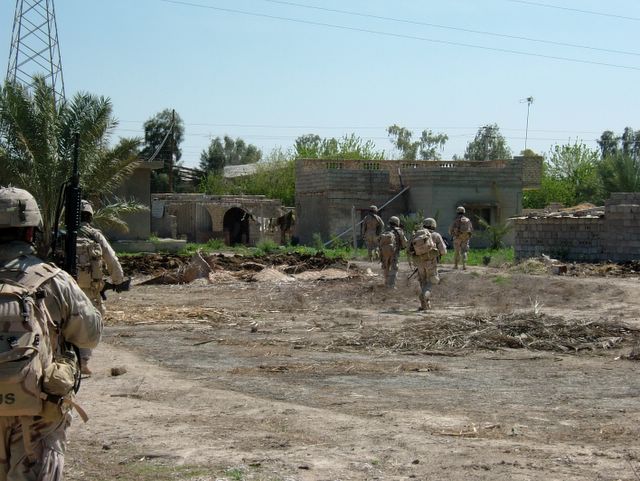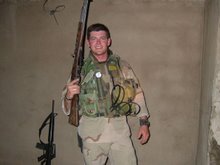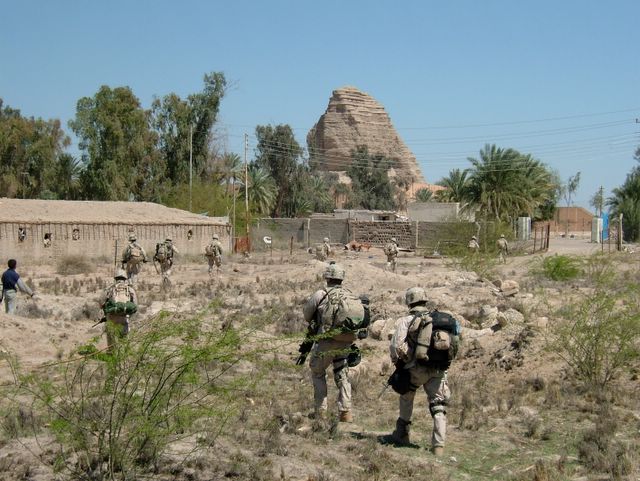Newly Declassified Information Concerning Chemical Weapons Discovered in Iraq
“This is critically important information that the world community needs to know” – Senator Santorum
June 21, 2006
Washington, D.C. – U.S. Senator Rick Santorum (R-PA), Chairman of the Senate Republican Conference, joined Congressman Peter Hoekstra, (R-MI-2), Chairman of the House Permanent Select Committee on Intelligence, today to make a major announcement regarding the release of newly declassified information that proves the existence of chemical munitions in Iraq since 2003. The information was released by the Director of National Intelligence, John Negroponte, and contained an unclassified summary of analysis conducted by the National Ground Intelligence Center. In March, Senator Santorum began advocating for the release of these documents to the American public.
“The information released today proves that weapons of mass destruction are, in fact, in Iraq,” said Senator Santorum. “It is essential for the American people to understand that these weapons are in Iraq. I will continue to advocate for the complete declassification of this report so we can more fully understand the complete WMD picture inside Iraq.”
The following are the six key points contained in the unclassified overview:
• Since 2003 Coalition forces have recovered approximately 500 weapons munitions which contain degraded mustard or sarin nerve agent.
• Despite many efforts to locate and destroy Iraq’s pre-Gulf War chemical munitions, filled and unfilled pre-Gulf War chemical munitions are assessed to still exist.
• Pre-Gulf War Iraqi chemical weapons could be sold on the black market. Use of these weapons by terrorists or insurgent groups would have implications for Coalition forces in Iraq. The possibility of use outside Iraq cannot be ruled out.
• The most likely munitions remaining are sarin and mustard-filled projectiles.
• The purity of the agent inside the munitions depends on many factors, including the manufacturing process, potential additives, and environmental storage conditions. While agents degrade over time, chemical warfare agents remain hazardous and potentially lethal.
• It has been reported in open press that insurgents and Iraqi groups desire to acquire and use chemical weapons.
Read the declassified portion of the NGIC report.












